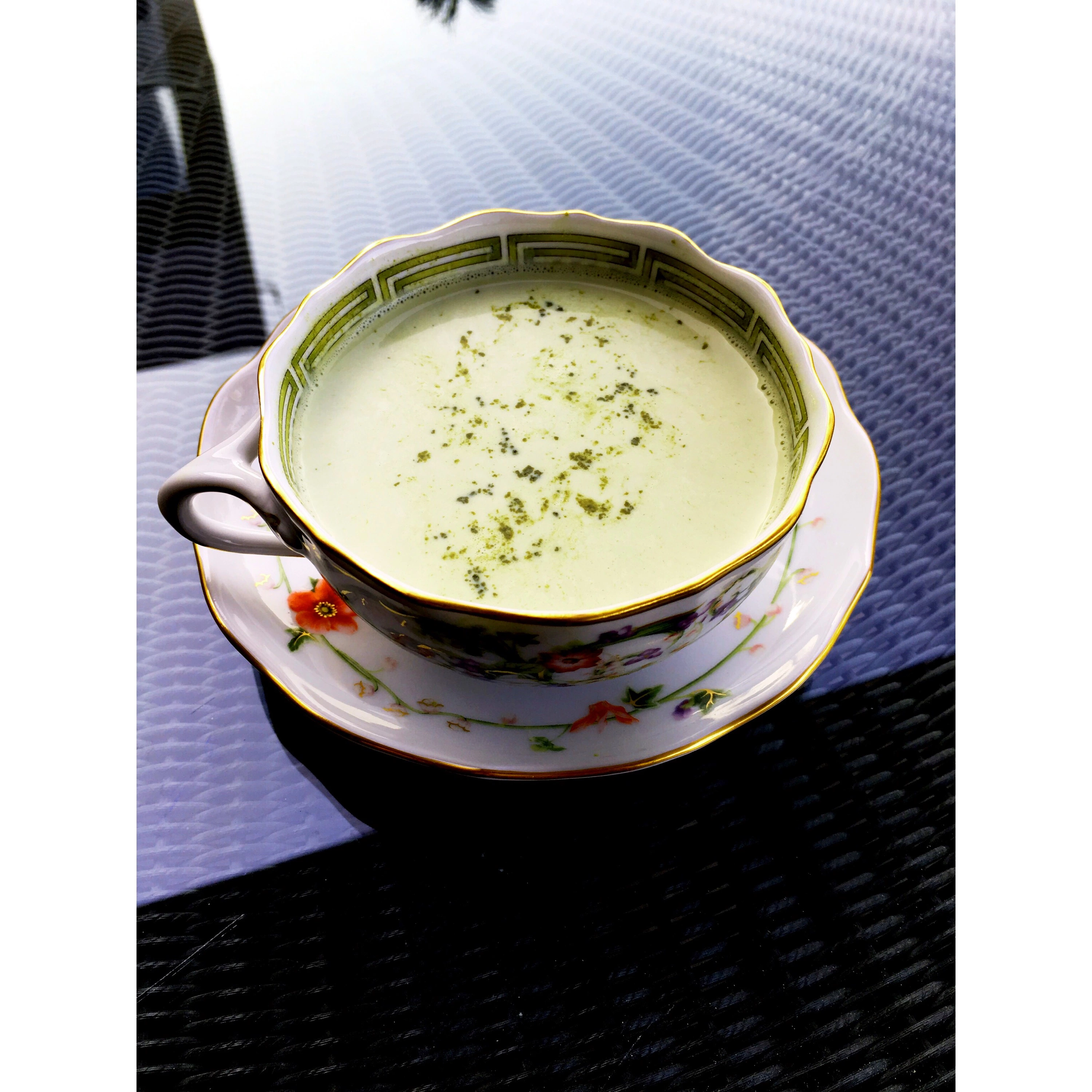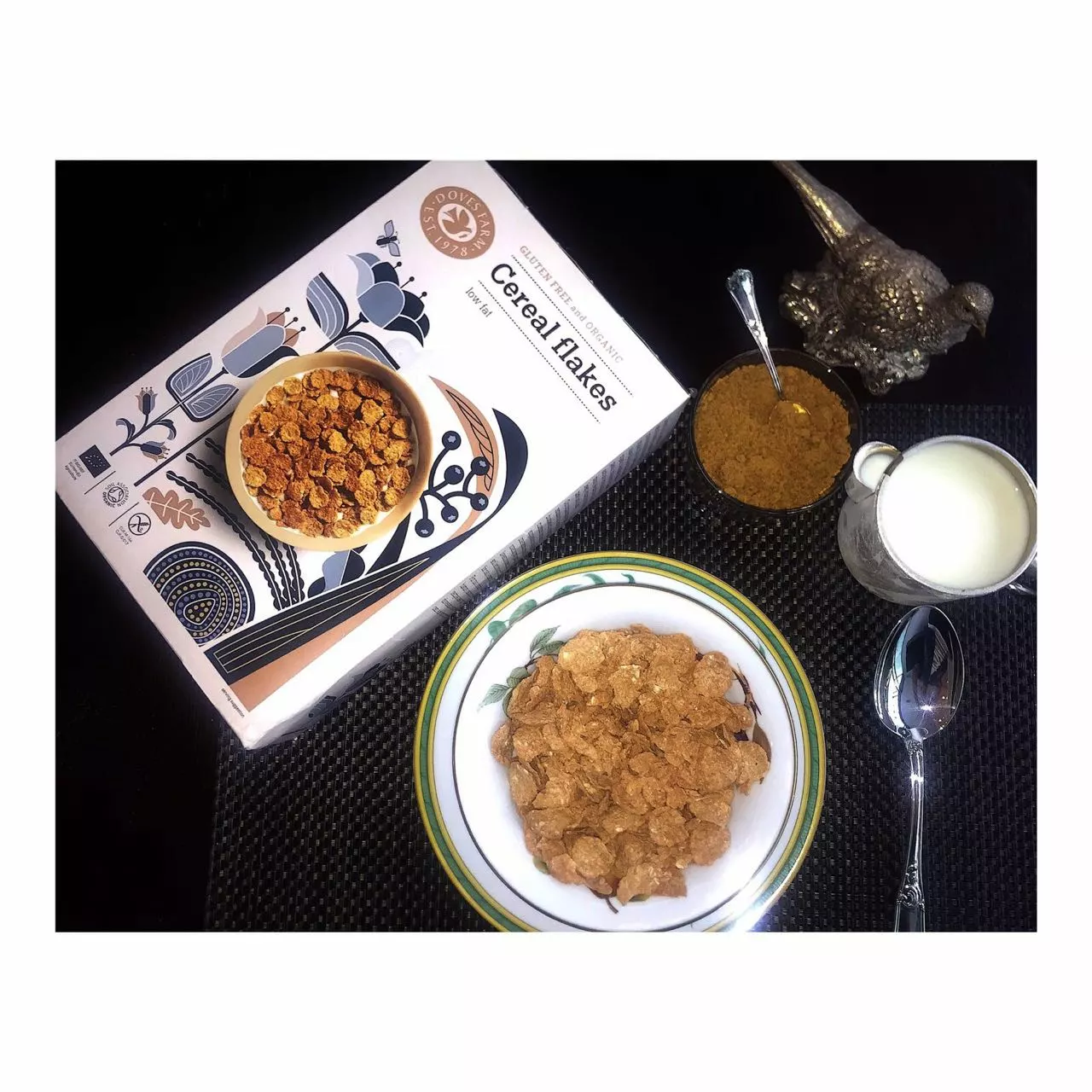The dairy dilemma: an introduction to plant based milk
How many of you grew up drinking 2 big glasses of cow’s milk every day? I know I sure did, though I hated the taste of milk. My mother believed it was the best source of calcium so I had no choice but to gulp it down. The ancient science of Ayurveda does corroborate my mother’s belief, and says that cow’s milk is a sacred health tonic that can balance different type of doshas.
This would be great if we could access milk from organic grass fed cow on a daily basis. Unfortunately, most of the milk that is available to urban consumers today, is adulterated or brimming with growth hormones and antibiotics. This can lead to serious health complications. Additionally, women who are prone to acne should avoid animal milk. Some studies show the proteins in dairy may trigger Type 1 diabetes, PCOS, allergies, ENT problems, IBS and is linked to higher risks of breast and ovarian cancer. Given the severe health complications that can arise from consuming such milk, I prefer to avoid animal milk completely and gave up dairy 3 years ago. I must admit, that I do end up eating paneer and yoghurt occasionally but I still try and avoid it as much as possible.
Instead, I drink vegan or plant based milk forms. By vegan or plant based milk I mean milk that is obtained from nuts and seeds, and even rice or oats. They are clean and very nutritious, have no preservatives, and are alkaline, anti-inflammatory, low in calories, easy to digest, lactose free, and full of essential fatty acids, vitamins and minerals. Best of all, they are easy on the stomach and leave me feeling lighter.

Plant based milks are not at all difficult to make at home. Here are the recipes for 3 of my personal favourites. You can drink these as is, or add to your cereals, protein shakes, smoothies, soups and bakes. You can add different flavours to these if you like -vanilla essence, dates to sweeten them, cinnamon powder, turmeric, raw cacao.
Kitchen tools: You will need a blender, cheese cloth or fine mesh bags, glass bottles and a skillet to roast your oats.
Oat milk– This has a mild flavour, is low in fat and calories, rich in fibre, and contains good amount of B vitamins, essential vitamins and minerals like calcium and manganese. it has cholesterol reducing properties, maintains healthy blood sugar levels.
Recipe–
- Lightly roast 1 cup of oats over medium heat, keep stirring so it doesn’t get burnt
- Blend with 5 cups of water
- Pour through a muslin cloth or fine mesh bag to strain
- Use glass bottles (no plastic) to store and refrigerate
- Shelf life 3 to 5 days

My homemade oat milk matcha latte
Almond milk– One of my favourites. Home made almond milk is delicious! Lower in calories than cows milk, perfect for people who are lactose intolerant. Almond milk is easy to digest and can reduce bloating. Avoid if you have nut allergies.
Recipe–
- Soak 1 cup of almonds overnight
- Drain and rinse
- Blend in 500ml or 1 litre of filtered water
- Strain through a muslin cloth or fine mesh bag
- Store in glass bottle in the refrigerator
- Shelf life 3 to 5 days

Turmeric almond milk
Sunflower seeds milk– This one has anti-aging and healing properties and is excellent for the skin.It’s full of vitamin E, a potent antioxidant which helps to nourish and repair your skin and has Zinc, magnesium, vitamin B, iron and selenium that are great for immunity. It is also a good source of calcium.
Recipe-
- Soak 1 cup of sunflower seeds overnight
- Rinse and drain
- Blend in 4 cups of water for 1 minute
- Strain through muslin cloth or fine mesh bags
- Store in glass bottles in the refrigerator
- Shelf life 3 days

Gluten free organic buckwheat flakes with homemade sunflower seed milk
Do try out these easy, yummy and nutritious dairy alternatives at home and let me know how you like them. Write to me below or using #stayrealstayyou on Instagram @shagunkhanna
